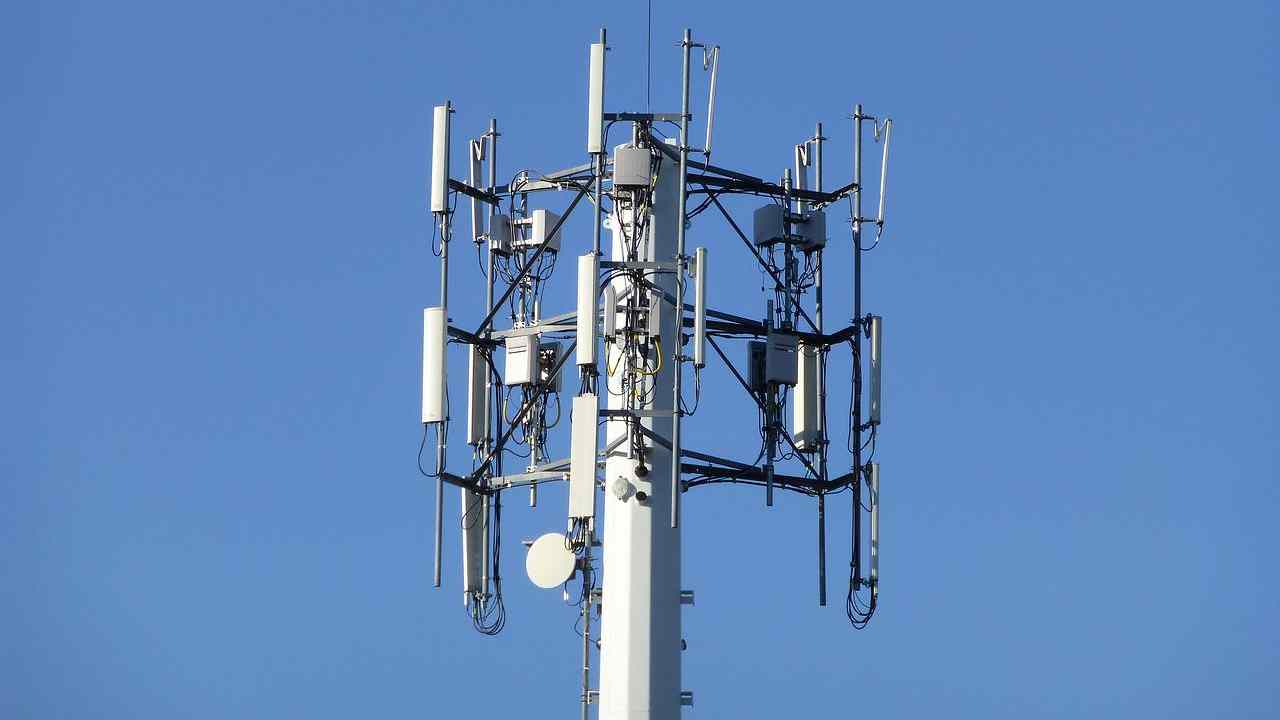The Reserve price for the spectrum in the forthcoming 5G spectrum auction is much higher than the global benchmarks normalised for average revenue per user (ARPU), according to a report brought out by BOFA and Jefferies (financial service providers).
It said that the reserve price on 3.5GHz and 700MHz is higher than in other countries. Reserve prices for 700 MHz in metro and Category A circles are much higher than the average from global benchmarks normalised for ARPU, the report said. Government is all set to commence the 5G spectrum auction from July 22, which would take mobile phone connectivity and the features available to them to the next level.
Experts point out that top telcos may acquire 100 to 130 MHz of 3.5 GHz on a pan-India basis and there were chances of some overbidding risks in select circles. The report says that Vodafone India Ltd (VIL) may not bid for pan-India 5G spectrum but may look to buy spectrum in metro and Category A circles, where it has a strong revenue market share (RMS). 3.5GHz (C-band) is expected to gain the most traction during the auction as it has the most evolved 5G ecosystem globally and there might be less traction for 600 and 700MHz, given expensive pricing.
With the reduction in spectrum usage charge (SUC), operators could also buy between 500 to 800MHz of Millimetre (MM) Wave to benefit from SUC savings and to support enterprise-focused non-B2C use cases in the long run.
The Department of Telecom (DoT) recently issued a notification scrapping the 3% floor on SUC— a move that would spell a big relief to Reliance Jio Infocomm, Bharti Airtel and Vodafone-Idea (Vi) as it would have sharply reduced their future outflows towards these statutory fees.
Analysts expect the move to drive stronger telco participation in the upcoming 5G spectrum sale as operators would enjoy sizable annual savings on SUC, especially if they bid strongly for low-cost 26 GHz MM Wave airwaves.
“SUC rate, divided by (a telco’s) total spectrum holding,” said DoT in an order dated June 21, on SUC computations. The weighted average (of SUC) is to be derived by the sum of the product of spectrum holdings and applicable.
The report says that it could take three to five years for the telcos to roll out the 5G services in the urban areas and eight to 10 years for the pan-India 5G coverage. The operators are likely to start with dense urban areas within metros and expand further. Experts have pointed out that the removal of SUCs will result in significant cost savings for the telcos. Operators now don’t have to pay SUC on spectrums acquired through auctions held post-September 2021.
On average, the operators were paying around 3-4% of their AGR as SUC, implying ₹25-₹30 billion in annual SUC charges. With new SUC notifications, operators can potentially save a lot to bring down the effective SUC rate from 3% to 0.3% by acquiring 500MHz of MM wave band.
Telecom experts have pointed out that there is a trade-off between capex and opex , which means how much telcos are willing to spend to acquire spectrum and in the process reduce blended SUC.
As per guidelines, the bidder in the auction for spectrum either has to have a Unified License or provide a commitment to acquire the license later on. It is likely that enterprises would not buy spectrum in the current auction.
Telecom Regulatory Authority of India (TRAI) and DoT are discussing the guidelines for making the 5G bands available for the private enterprises through a non-spectrum route. Also, the government may administratively allocate spectrum to the enterprises from the unsold 3.5 GHz band or MM wave that has a reasonable ecosystem.
The BOFA and Jefferies report says that the price of this spectrum may be different from the auction and the process could happen separately post-auction. Though the enterprises would not directly compete with telcos, however, without private spectrums, telcos would have had additional revenue generation opportunities through the deployment of private networks on behalf of enterprises. With enterprises acquiring spectrum directly, they would not leverage the spectrum holding of operators and hence, could lead to loss of revenue generation opportunity for telcos, pointed out the report.


























